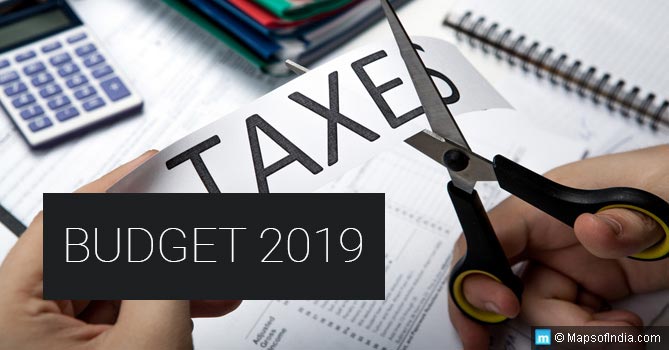A new study has revealed that if a sugar-sweetened beverage (SSB) tax is imposed in India on such drinks then there is a possibility that their consumption levels could come down. This could be a significant development for a country, which in the last few years, has seen a rise in the levels of Type 2 diabetes as well as obesity. The study has been conducted by a Stanford University team led by Sanjay Basu. The study has found that if the SSB is increased by 20% it could do away with 11.2 million cases of people being obese or overweight and also 400 thousand instances of Type 2 diabetes.
The estimates are effective for a period between 2014 and 2023 and are based on the rate at which such beverages are being sold in the market. The marketing models of the beverages industry predicts that in the years ahead the sales rate of SSBs would only go up. By that estimate the tax could help to avoid 600 thousand instances of diabetes and 15.8 million cases of obesity and overweight. The researchers have looked at statistics of the relation between the demand for these drinks and rise in their prices and matched it with historical statistics and trends of SSB sales.
They have also looked at other important factors such as body-mass indexes as well as fresh instances of diabetes so that they may have a proper idea of the impact that can be created by a 20% tax on SSBs. The research has indicated that the immediate effect of this tax would be on young men living in the rural areas. One feels that in this case the guiding logic is that since this class of customers is more often than not hard pressed for money any increase in prices, which is a given if taxes are imposed, will ward them off drinking.
The justification of this suggestion lies in the fact that with increased prices the consumption levels will indeed be lower. The broader economic reasoning in this case is that in the last couple of years consistent, and often steep, inflation has ensured that a large cross section of Indian people does not have sufficient savings that could be used too often for purchasing luxury consumables such as aerated and sweetened beverages. However, this does not mean that the desire is not there. Whenever people, who prefer such beverages, get the opportunity to have one or even more offerings they will not hesitate to do so. For better benefits it is essential that the desire be quelled.
What is more important, if a long term solution needs to be found, is to generate awareness on the ills of consuming such beverages and this has to be done on a consistent basis till the results start to manifest themselves. It is also important to set up industries of fruit and pulp-based drinks and highlight them as economically viable, healthy and tasty alternatives to the colas and Pepsis. Universities that are into food related research such as the Jadavpur University need to be encouraged and their products should be given proper access to the market so that they do not get lost in the competition.
The problem with most benevolent steps and suggestions in third world countries like India is that the thought process is only for the short-term – for everlasting benefits it is important that the powers-that-be think in the long-term.
Read More:
What is GST: How will it change India
GST Bill Nears Consensus
New GST regime and its future impact on telecom industry in India
Equity Markets Move Up; Lok Sabha Passes GST Bill
Equity Volatile; GST Bill in Next Session
Economic Reforms in India
Tax filing for NRIs
Black Money in India
Union Budget 2015-16 Highlights
Railway Budget 2015-16 Highlights
MUDRA Bank
Top 5 programmes launched by Modi
Land Acquisition Bill




